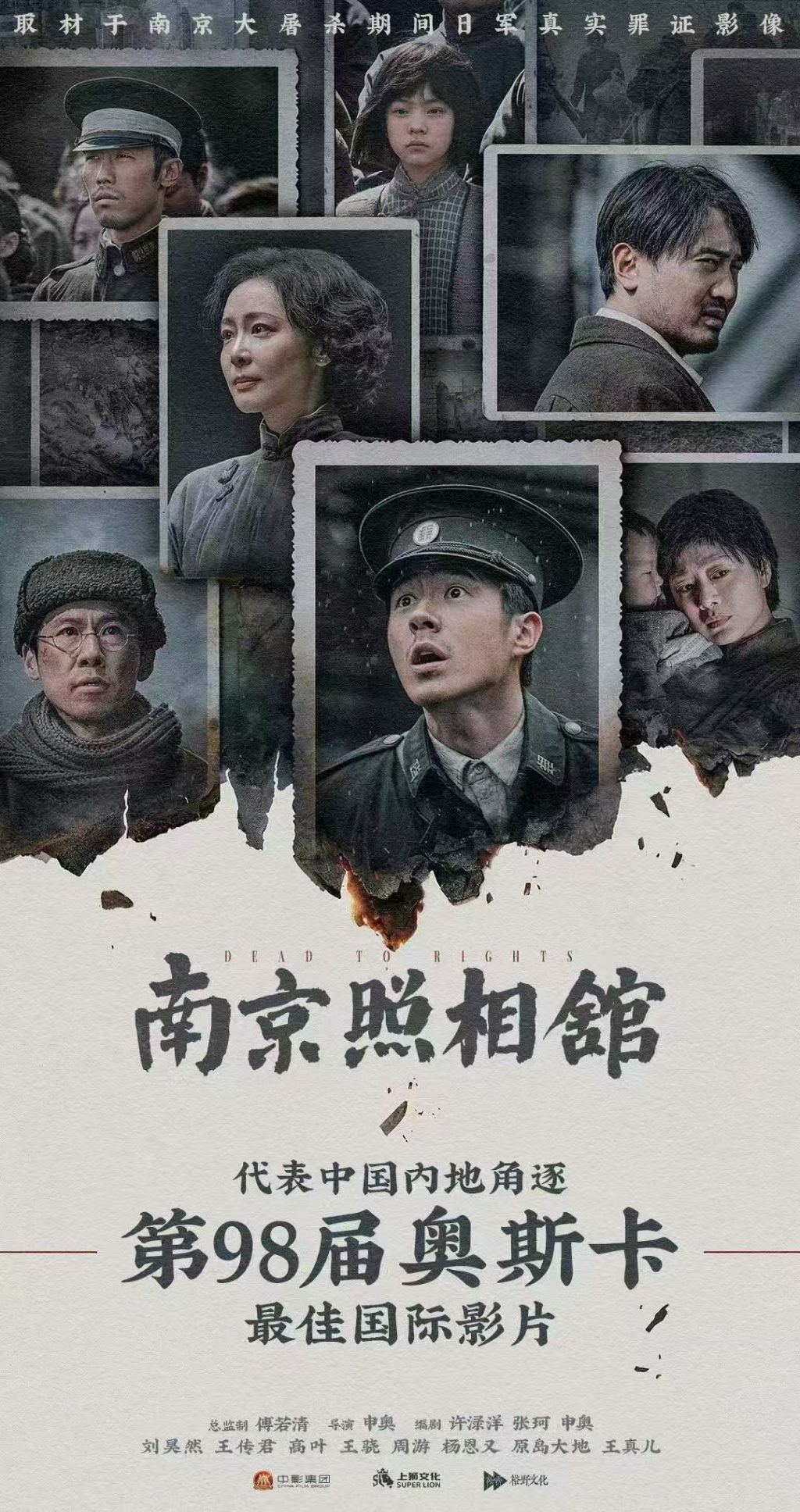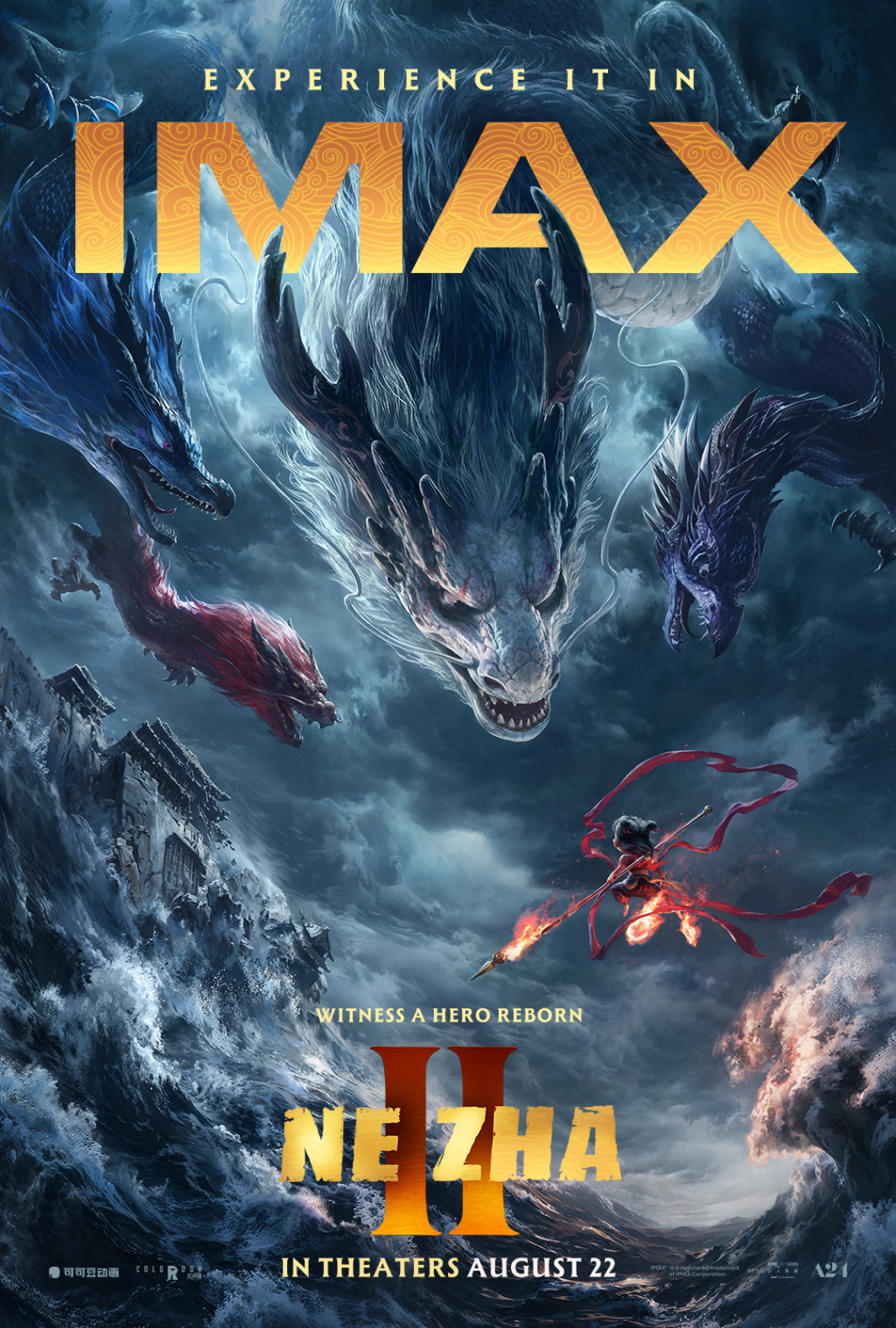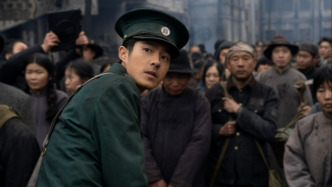
On September 26, the official Weibo account of the movie "Nanjing Photo Studio" announced that "Nanjing Photo Studio" directed by Shen Ao will represent mainland China in the 98th Academy Awards for Best International Film.

Since its release on July 25, "Nanjing Photo Studio" has grossed over 3 billion yuan at the box office.
Set against a poignant historical backdrop, the film finds a brilliantly ingenious narrative thread within the cracks of history: On December 13, 1937, the Japanese army captured Nanjing. Seven strangers, desperate to survive for a day, met at a photo studio. Forced to help a Japanese photographer develop film, they discovered incriminating photographs proving the massacre. The film offers a unique perspective, revealing a memory that must never be forgotten.
The film's Chinese title is "Nanjing Photo Studio," but the English title isn't a literal translation, instead being more pointedly translated as "Dead to Rights." Director Shen Ao explained this detail at a Shanghai roadshow: "On the one hand, it conveys the idea of irrefutable evidence, which aligns with the film's theme; on the other, it conveys the sentiment of facing death and unwavering determination, which is also the spiritual essence we wanted to convey through the film."
Discussing the reason for choosing a "photo studio" as the film's central setting, Shen Ao revealed that he was inspired by the 1987 Nanjing Film Studio's film "Blood Evidence of the Massacre," and after acquiring the adaptation rights, he made a modern-day innovation. Director Shen Ao, having been a film photographer since childhood, developed photos under his father's guidance, he has a deep affection for film. "During the war, the photo studio, a place that should have preserved happy moments, was instead filled with the crimes of the Japanese army and the truth that needed to be exposed. The red lights in the darkroom were like blood. This stark contrast inspired my creation. I wanted to use photography as a powerful weapon in the war of propaganda and public opinion, and I explored this element in depth."
This film, focusing on the history of the Nanjing Massacre, sparked cautious industry reaction before its release due to its sensitive nature. However, during previews, its delicate narrative, depicting a small-time perspective that reveals the historical truth, earned a Douban score of 8.7. It topped the daily summer box office for 16 consecutive days and ultimately grossed over 2.89 billion yuan, breaking the record for a historical film in the summer box office in Chinese cinema and sparking widespread social discussion about history and the nation. The film also released in North America and parts of Europe, becoming a crucial vehicle for conveying China's historical memory to the world, educating the world on a history that cannot be forgotten or denied.
In addition, "Breaking Hell" and "Left-Handed Girl" will represent Hong Kong, China and Taiwan, China respectively to compete for the Best International Film.


